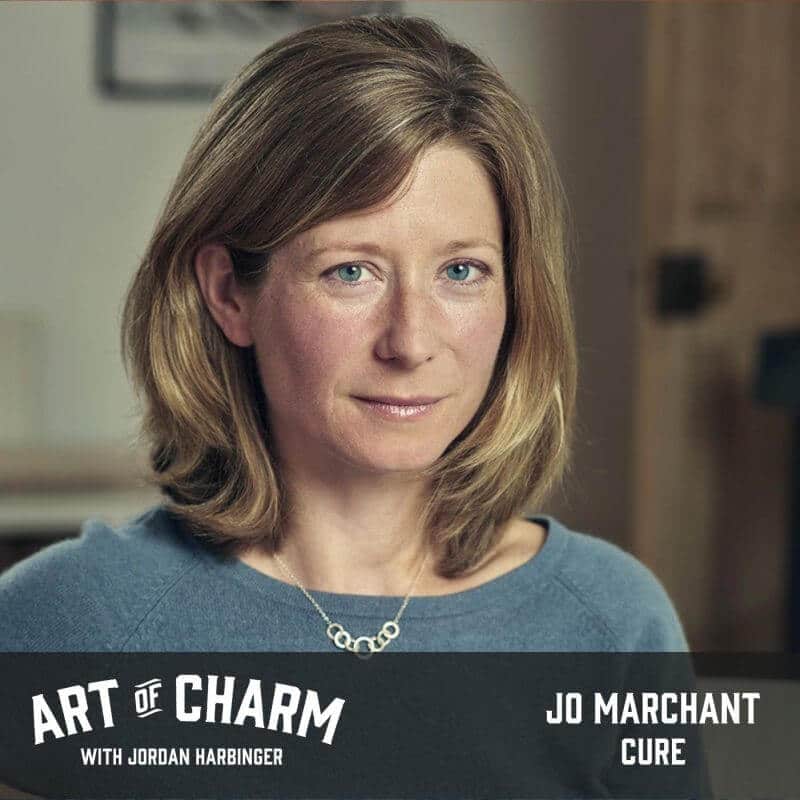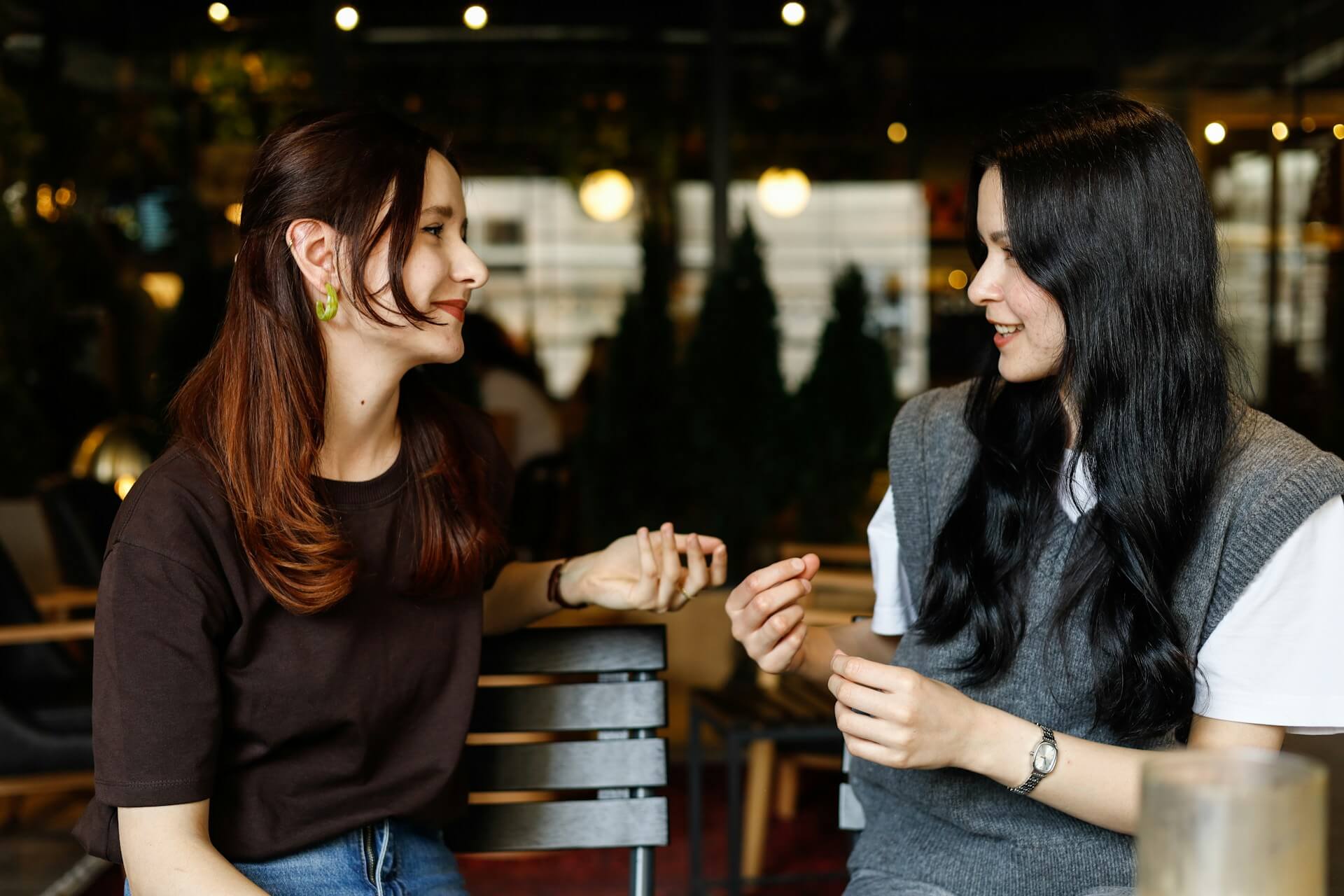Jo Marchant (@JoMarchant) is a science journalist and author — her new book is Cure: A Journey into the Science of Mind over Body.
The Cheat Sheet:
- Understand the power of placebos.
- Learn how your immune system can be trained.
- Find out why stress kills and how to beat it.
- Realize the importance of social relationships and how to boost them.
- Does believing in God make you live longer?
- And so much more…
[aoc-subscribe]
People often think of the mind’s effects as mysterious and magical, somehow beyond the reach of science. This notion is behind both quack claims of miracle cures, and the skeptics’ arguments that thoughts can’t possibly influence health.
Jo Marchant, science journalist and author of Cure: A Journey into the Science of Mind over Body, joins us to talk about how both sides have it wrong. The influence of the mind on the body isn’t mysterious or magical; it’s just biology, and we can study it in a scientific way. The research shows that there are clear limits to what the mind can do: we can’t simply ‘wish’ ourselves better, or think positive and hope for the best, and we will always need physical drugs and treatments. But the mind can and does play a crucial role in our health. If we deny that, we get sicker, we take far more drugs than we need, and we die sooner.
More About This Show
Your mind and brain affect your health every day — influencing everything from how much pain you feel to whether you get sick and how long you will live. Jo Marchant, author of Cure: A Journey into the Science of Mind over Body, says: “The scientific view is that the mind and the body are entwined. If you have change in the body, you have a change in the mind; if you have a change in the mind, you have change in the body. So the mind is working through defined biological pathways that we can study scientifically.”
Jo points out that these natural biological pathways are often the same ones we take advantage of when we’re using drugs to relieve medical symptoms. “There’s nothing magical about it,” she says. “It’s just the way that we’ve evolved.”
The fact that a placebo will often result in symptom relief equal to that of a drug tells us we’ve still got a ways to go in understanding exactly how the mind and body interact. And Jo believes the way we currently use placebos in drug trials may be missing opportunities to better understand this complex relationship.
“We need placebo control trials to tell us whether drugs are working through direct biochemical effects, and that’s fine,” Jo says. “But what we’re doing at the moment is throwing out everything else, because everything else is in the placebo group. But actually, particularly when it comes to the symptoms that we experience — things like chronic pain, particularly, but also nausea, fatigue, depression — all of these things that have to do with quality of life, the brain plays an incredibly important role. Our mind — our attitude — is really important. And so we’re throwing out all of the very things that could be helping us.”
We could blame modern science for having a prejudice against research involving the mind, but we may as well start with French philosopher René Descartes. He’s the one who divided the scientifically provable and objective from the subjective thoughts and beliefs of the mind. And even though neuroscientists are beginning to quantify physical effects that the once-subjective mind can enact, the divide largely remains.
It doesn’t help that clinical trials are usually paid for by drug companies that stand to benefit from use of their products over any power of placebo that may exist. “It’s not a case of I think drug companies are evil and we should blame them for the whole thing,” says Jo. “I just think that it’s a really bad idea to rely on them for all of the evidence that underlies our medical system.”
Rather than denying that placebo effects exist at all or crediting them with holding too much sway, we need to take the scientific approach in order to discover their potential and in which situations we can harness their power.
How Placebo Effects Work
Jo says there are two ways we know placebo effects work:
- Through conscious expectation. “Knowledge or belief in a treatment you’re taking,” says Jo. “That works best for symptoms that we’re consciously aware of — things like pain, nausea, fatigue, itching, and wheezing. It can include objective visible changes, like rashes and swellings.”Taking a placebo is not going to be able to magically produce a chemical that your body isn’t normally capable of making — like insulin in a patient with diabetes, for example.
- An unconscious learning process. “If you take a drug several times, your body learns the physiological response to that drug. And then if you take the placebo, your body automatically triggers that same physiological response. It’s a little bit like if I asked you to imagine biting into a lemon…if you’ve eaten a lemon before, you might start to get a tingling at the back of your mouth where your salivary glands switching on. They’re producing extra saliva in preparation for that lemon juice. It’s not something you’ve consciously done; it’s just an automatic response that your body has learned.”This can affect immune responses, hormone levels, and a much wider range of basic physiology.
Using a placebo to trigger positive immunosuppressant responses in the body of an organ transplant recipient avoids the toxicity that normally comes with such drugs. By the same token, there are antidepressants and addictive drugs being used that may just as easily be replaced by placebos.
“Taking placebo pills is one option, but there are lots of other ways of triggering placebo effects,” says Jo. “Even things like cognitive behavioral therapy or mindfulness meditation, which is shown to be very effective for chronic pain, for example. It’s just a way of changing your own attitude and triggering your own placebo effects.”
Listen to this episode of The Art of Charm in its entirety to learn more about how kissing a child’s boo-boo to make it better is an effective placebo, how scientists are trying to isolate the elements of placebo effects to incorporate them into conventional medicine, why the way you’re treated by your doctor can make a huge difference in the efficacy of your recovery, what medical conditions won’t be treated significantly by placebo, the cultural differences in placebo effects, how to manage stress and reduce inflammation by reframing our perceptions, and lots more.
THANKS, JO MARCHANT!
Resources from this episode:
- Cure: A Journey into the Science of Mind over Body by Jo Marchant
- Jo Marchant’s website
- Jo Marchant at Twitter
You’ll also like:
- The Art of Charm Challenge (click here or text 38470 in the US)
- The Art of Charm Bootcamps
- Best of The Art of Charm Podcast
- The Art of Charm Toolbox
- The Art of Charm Toolbox for Women
On your phone? Click here to write us a well-deserved iTunes review and help us outrank the riffraff!




